After Superstorm Sandy devastated the East Coast, New Jersey Gov. Chris Christie and President Barack Obama “reached across the aisle,” utilizing the power of both Republican and Democratic parties to help the area recuperate from the devastation.
As a result, New Jersey was able to receive federal aid quickly. Christie, who had recently denounced Obama, praised Obama’s response for his efforts. In spite of their opposite parties and sometimes conflicting ideas, the Republican governor and the Democratic president were able to work together during a crisis and resolve it in a way that was much more beneficial to the people.
Contrast this bipartisanship to the extreme conservatism of Richard Mourdock, the Indiana Republican nominee for Senate in the past election.
Mourdock criticized the incumbent Sen. Richard Lugar for cooperating with the Democratic Party to pass certain pieces of legislation. Lugar is famous for having worked with Democratic Sen. Sam Nunn to sponsor the Nunn–Lugar Cooperative Threat Reduction Program. Authored in 1991, it provided funding to help the former Soviet Union dismantle its nuclear stockpile.
Mourdock decried the bipartisanship shown by Lugar’s cooperation with a Democratic senator and later alienated many voters with his extremist views.
When it comes to the political world, it seems as if there is always a new crisis to be considered. However, politics themselves often smother the issues. Regrettably, this is particularly accurate during election season, when party bias habitually overcomes the real matters at hand.
With the Nov. 6 general election now behind us, it’s time to stop all of the party politics and focus on the pressing issues. Students should be wary of how representatives incorporate party bias in legislation, at both regional and national levels.
Whether it’s in politics at large or in an election closer to home, it is important not to disagree simply for the sake of disagreeing. Bipartisanship is sometimes necessary to benefit the country as a whole.
The ideals of leaders can either positively or negatively affect students. Students should be wary of the potential problems associated with strong inclination toward one political party. At the same time, strong ideals do not equate to immediate change.
While elected representatives, notably the president, enter a “honeymoon period” right after the election, immediate change is unlikely.
President John F. Kennedy coined the term “honeymoon period” in regards to the presidency when he requested that the Soviet Union extend him a “honeymoon period” as a goodwill gesture in 1960. During this time, Congress, the media and the general public tend to give the president the benefit of the doubt; however, it quickly gives way to opposition. Any change the president wishes to make is associated with his party, and usually one of the tenets of his party. Thus, any changes run into opposition in the form of the opposing party.
In reality, it is unfair to expect immediate change.
Even in the smaller arena of the Carmel Clay School District, change is unlikely to happen as quickly as promised. Students must nevertheless keep an eye on both the regional and national arenas as new representatives take their roles in leading the nation and our schools.
As new representatives draft legislation and implement new plans, students should remain cautious and question the credibility and motives behind it all. Party platforming and extremism can lead to detrimental effects, and goals are best achieved when working together.
As the government strives to regulate the economy and the school board endeavors to continuously better the learning environment, these new leaders will direct our school and our communities in the direction we will eventually head.
During this time of change, rather than disagreeing for the sake of opposing parties, it is better for all parties to work toward a common goal. When viewing politics through this tumultuous time, students should pay attention to important issues rather than to party bias and accept extreme legislation with extreme caution.

















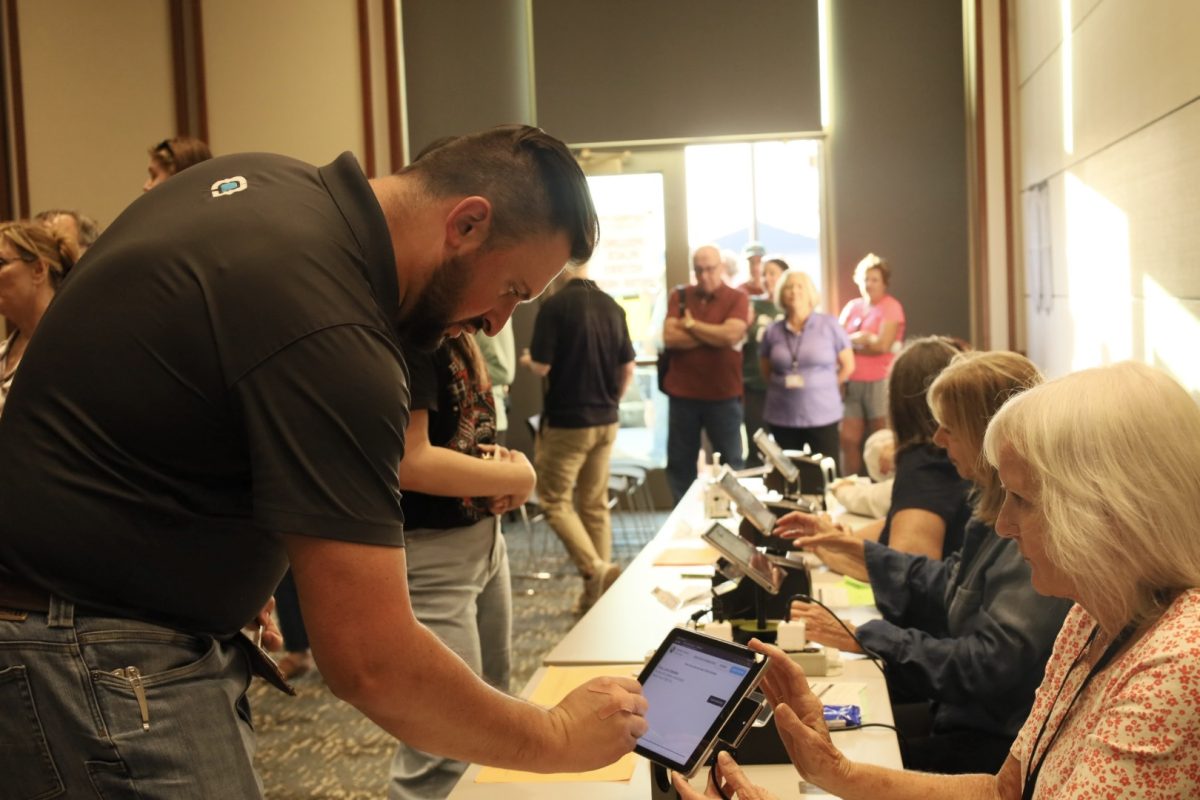




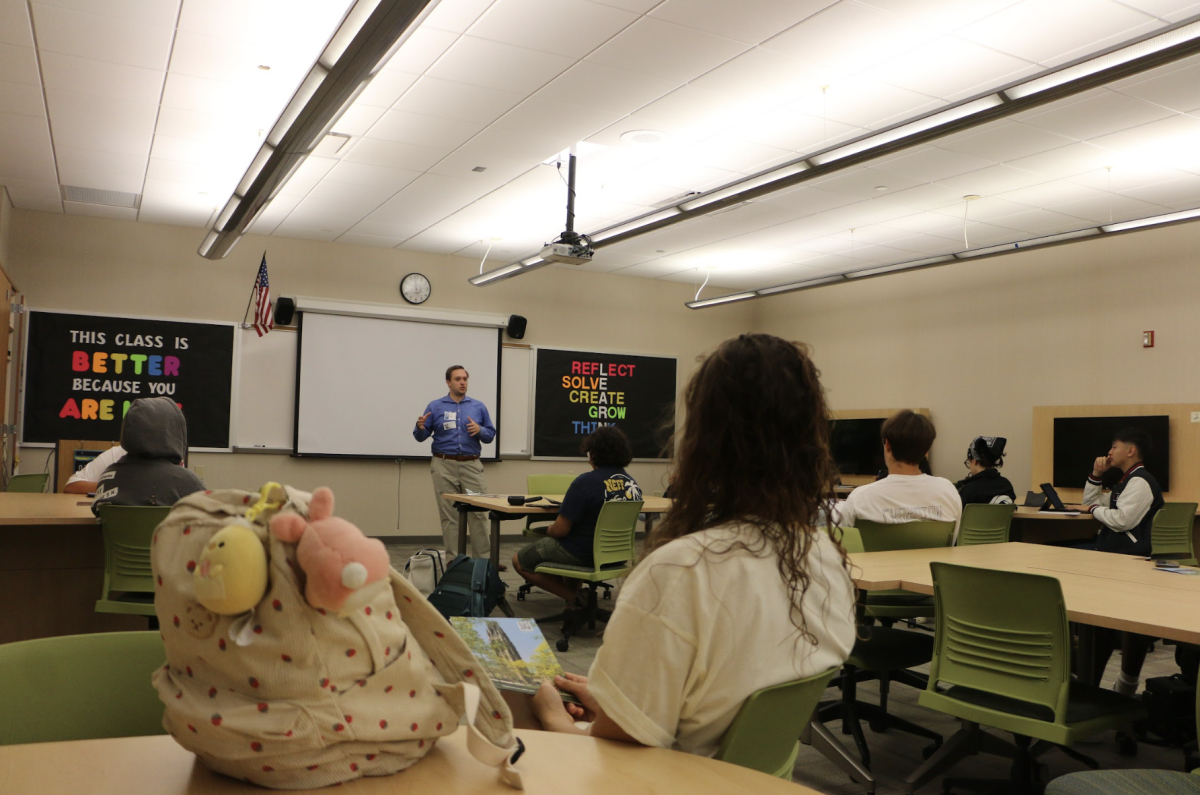
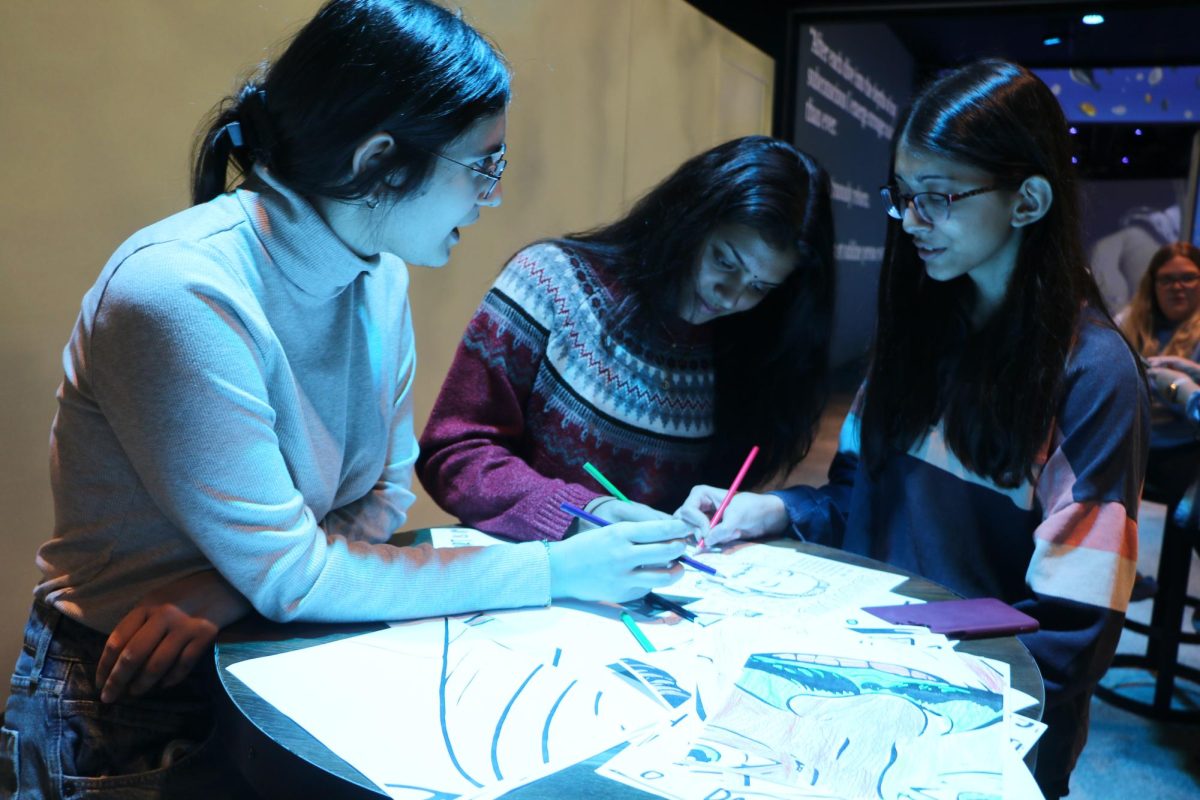
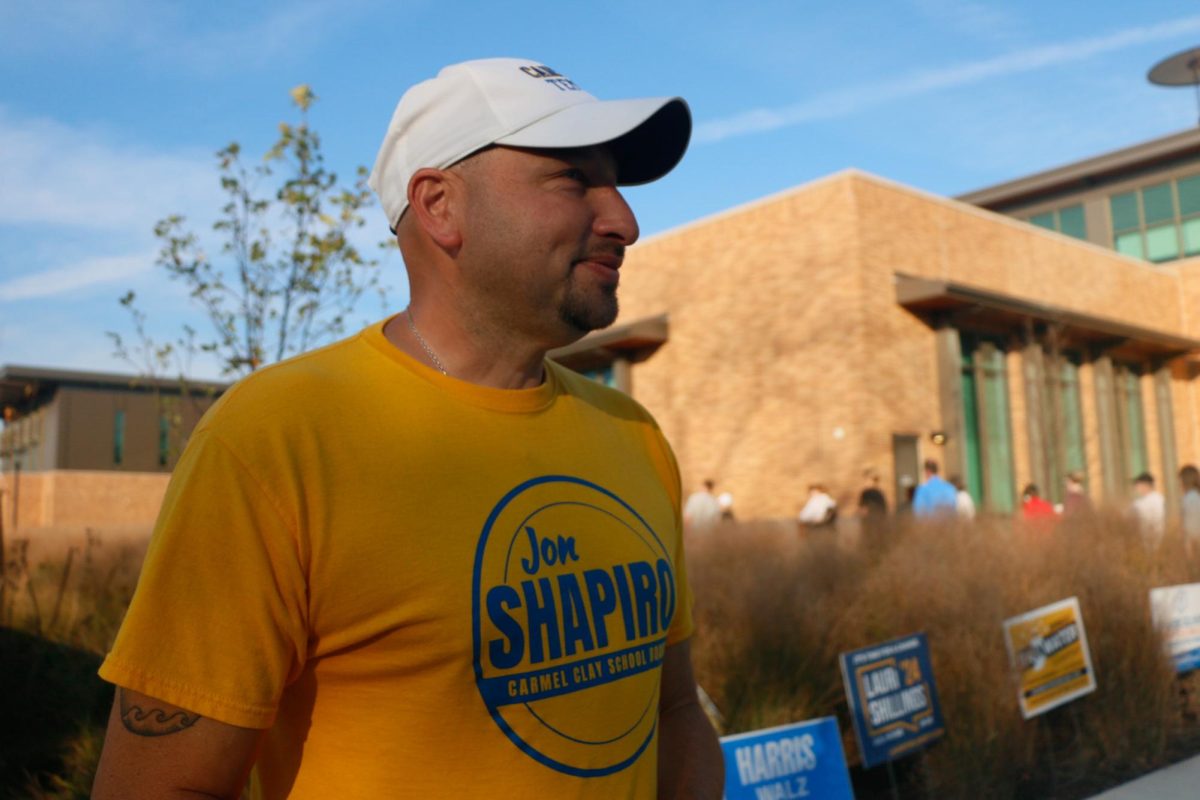
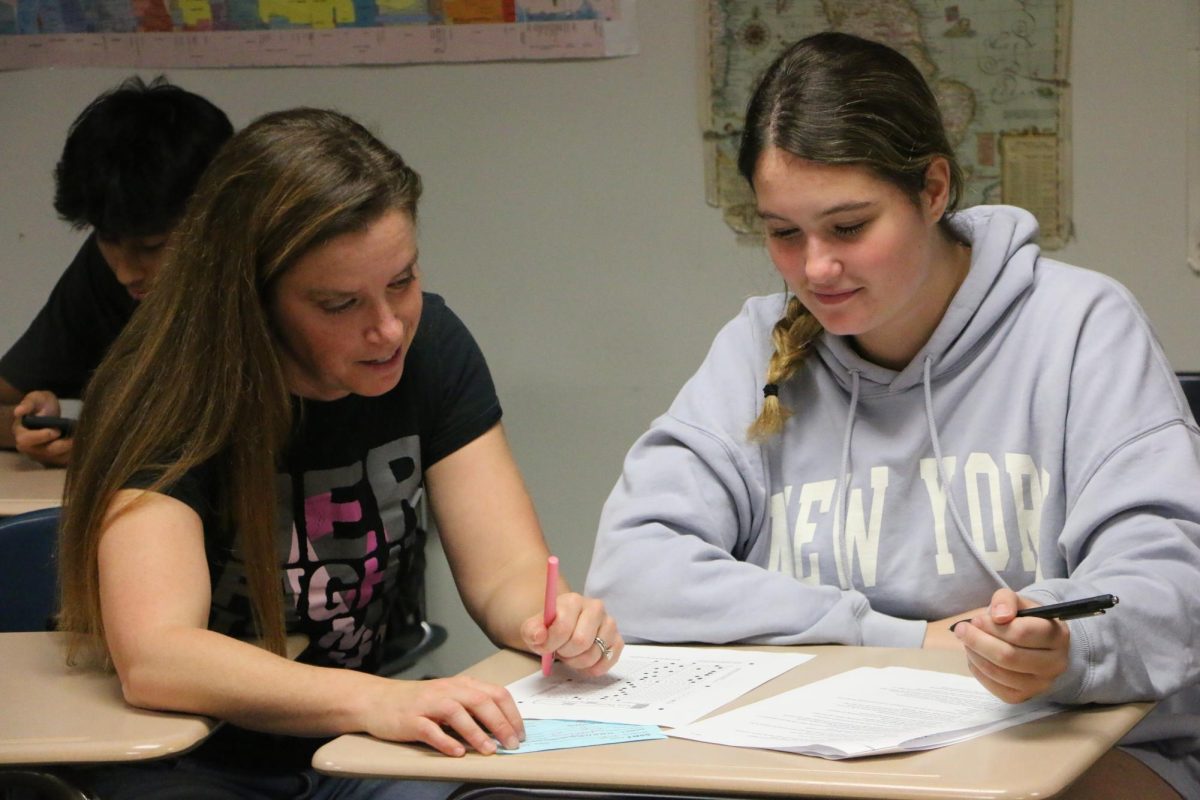

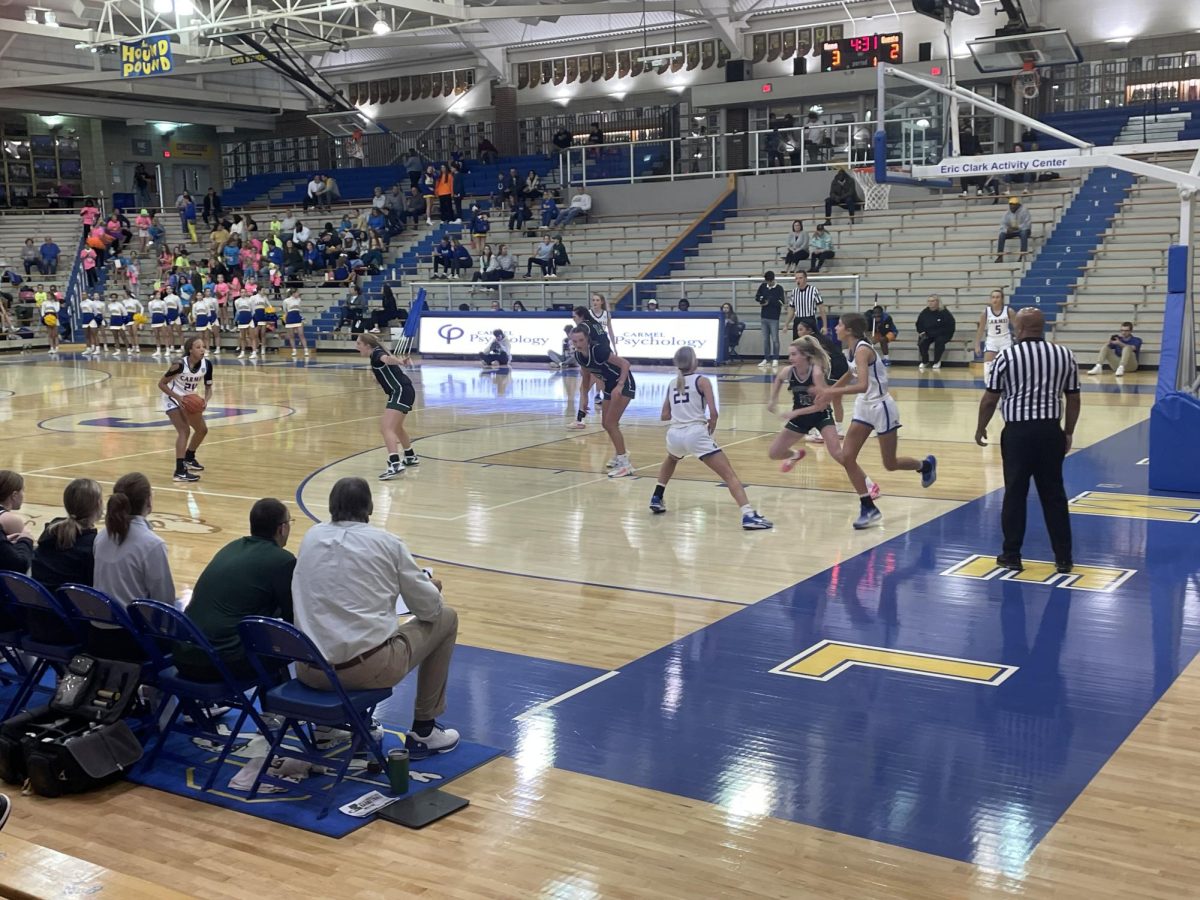



!["Wicked" poster controversy sparks a debate about the importance of accuracy versus artistic freedom [opinion]](https://hilite.org/wp-content/uploads/2024/11/riva-perspective-cover-1200x471.jpg)


![Chilling or Childish? The downfall of modern horror movies [opinion]](https://hilite.org/wp-content/uploads/2024/10/adjusted-horror-cover-1200x471.jpg)
![“Uglies” is a call for change in the YA dystopian genre [opinion]](https://hilite.org/wp-content/uploads/2024/10/Perspectives-Cover-1200x471.jpg)




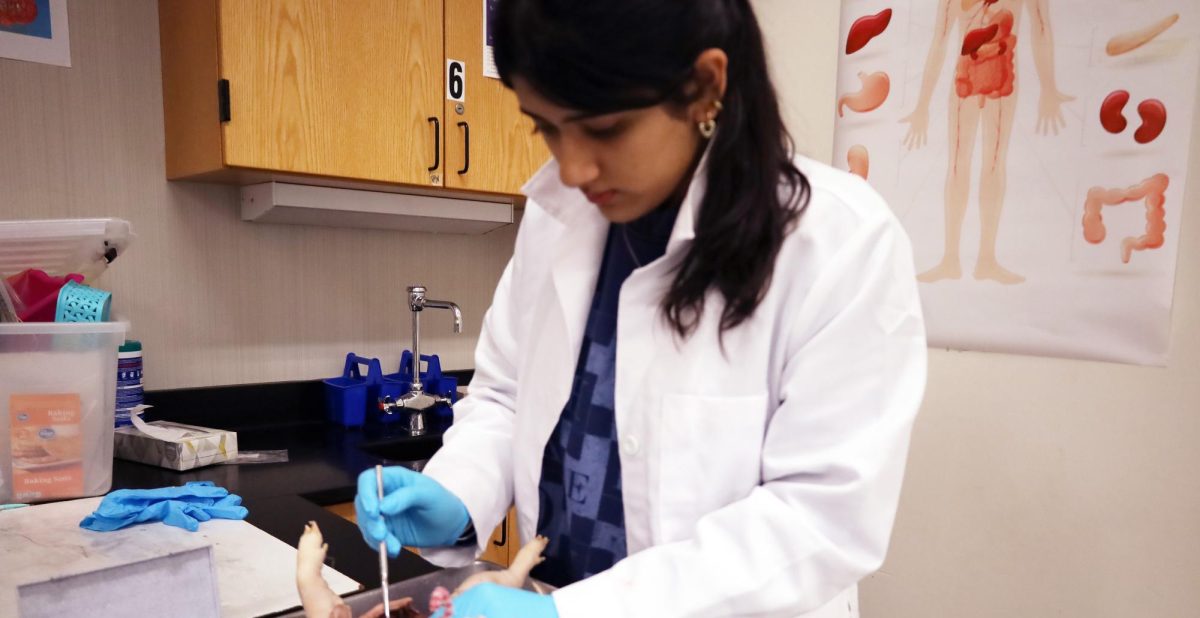







































![Review: Indy Scream Park is a perfect level of spook to kickstart the Halloween season [MUSE]](https://hilite.org/wp-content/uploads/2024/11/IMG_1383.jpg)
![Review: “Saturday Night” is a chaotic and thrilling look at the origins of “Saturday Night Live” [MUSE]](https://hilite.org/wp-content/uploads/2024/10/snl-1200x800.jpg)
![Review: “Megalopolis” is a bold, bewildering mess [MUSE]](https://hilite.org/wp-content/uploads/2024/10/MV5BYTk3MjUzMGItYmU1NC00M2YyLThmNDMtNDI4NjkxNjgzMjQzXkEyXkFqcGdeQXRyYW5zY29kZS13b3JrZmxvdw@@._V1_-1200x675.jpg)
![Review in Print: Maripaz Villar brings a delightfully unique style to the world of WEBTOON [MUSE]](https://hilite.org/wp-content/uploads/2023/12/maripazcover-1200x960.jpg)
![Review: “The Sword of Kaigen” is a masterpiece [MUSE]](https://hilite.org/wp-content/uploads/2023/11/Screenshot-2023-11-26-201051.png)
![Review: Gateron Oil Kings, great linear switches, okay price [MUSE]](https://hilite.org/wp-content/uploads/2023/11/Screenshot-2023-11-26-200553.png)
![Review: “A Haunting in Venice” is a significant improvement from other Agatha Christie adaptations [MUSE]](https://hilite.org/wp-content/uploads/2023/11/e7ee2938a6d422669771bce6d8088521.jpg)
![Review: A Thanksgiving story from elementary school, still just as interesting [MUSE]](https://hilite.org/wp-content/uploads/2023/11/Screenshot-2023-11-26-195514-987x1200.png)
![Review: "When I Fly Towards You", cute, uplifting youth drama [MUSE]](https://hilite.org/wp-content/uploads/2023/09/When-I-Fly-Towards-You-Chinese-drama.png)
![Postcards from Muse: Hawaii Travel Diary [MUSE]](https://hilite.org/wp-content/uploads/2023/09/My-project-1-1200x1200.jpg)
![Review: "Ladybug & Cat Noir: The Movie," departure from original show [MUSE]](https://hilite.org/wp-content/uploads/2023/09/Ladybug__Cat_Noir_-_The_Movie_poster.jpg)
![Review in Print: "Hidden Love" is the cute, uplifting drama everyone needs [MUSE]](https://hilite.org/wp-content/uploads/2023/09/hiddenlovecover-e1693597208225-1030x1200.png)
![Review in Print: "Heartstopper" is the heartwarming queer romance we all need [MUSE]](https://hilite.org/wp-content/uploads/2023/08/museheartstoppercover-1200x654.png)




